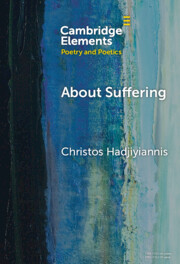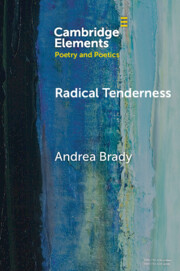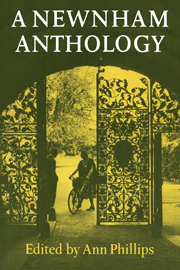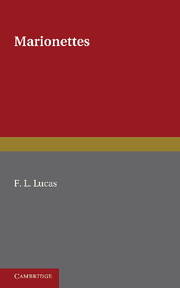About Suffering
Poetry has always courted suffering. Poets sing their suffering, we've been told, and there can be no poetry without suffering. Louise Glück wasn't too sure about that. Suffering features centrally in her poetry and she discussed its role in poetry in her critical writing, where she often retained the language of poetry as martyrdom. However, she was keen to stress that suffering's part in composition has been misplaced and misunderstood, its function idealised and fetishised. Surveying a wide range of texts about poetry's relationship to suffering, and drawing surprising links between very different voices, this book situates Glück both in the tradition of Rainer Maria Rilke's lyrical suffering and in the tradition of T. S. Eliot's impersonal approach to poetry. Glück's most powerful and characteristic discussion of suffering, it argues, takes place in her 1992 volume, The Wild Iris.
Product details
March 2025Hardback
9781009539456
78 pages
235 × 159 × 11 mm
0.27kg
Available
Table of Contents
- 1. The kindest suffering
- 2. Poets like Orpheus
- 3. Revenge
- 4. Distance
- 5. Mature poets
- 6. Narcissism
- 7. The mirror and the lens
- 8. Icarus
- 9. Human position
- 10. All alike
- 11. In the garden
- 12. Empty hands
- 13. More in sorrow than in anger
- 14. Back from the romantics
- 15. 'The Wild Iris'
- 16. Again and again.





